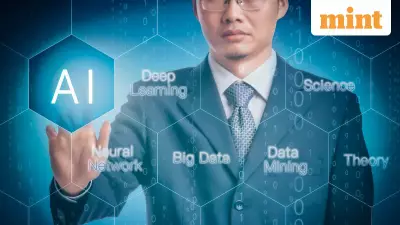
In a major technological leap, the Wikimedia Foundation is integrating advanced artificial intelligence capabilities to fundamentally enhance how users interact with Wikipedia and its extensive network of knowledge repositories.
The AI Revolution Comes to Wikipedia
The non-profit organization behind the world's largest free encyclopedia has confirmed it's developing sophisticated AI tools that will completely transform the user experience. These innovations aim to make information more accessible and digestible than ever before.
Intelligent Search Capabilities
Wikimedia's new AI-powered search function will understand natural language queries, allowing users to ask questions conversationally rather than relying on specific keywords. This means you can type "What were the main causes of World War I?" instead of searching for disjointed terms.
The system will comprehend context and intent, delivering more accurate and relevant results across Wikipedia's vast database of over 60 million articles in multiple languages.
Automated Content Summarization
Another groundbreaking feature in development is the AI summary tool, which will generate concise overviews of complex topics. This will be particularly valuable for:
- Lengthy articles: Quick understanding of comprehensive subjects
- Academic research: Rapid comprehension of complex topics
- Mobile users: Bite-sized information for on-the-go learning
- Students and educators: Simplified explanations of difficult concepts
Balancing Innovation with Wikimedia's Core Values
The Foundation emphasizes that these AI enhancements will complement rather than replace Wikipedia's community-driven model. Human editors and volunteers will remain central to content creation and verification processes.
"We're implementing these tools with careful consideration of our commitment to reliable, verifiable information," a Wikimedia representative noted. "The AI will assist in presentation and accessibility, but human expertise remains the foundation of our content quality."
Future Implications for Knowledge Access
This move represents a significant shift in how open knowledge platforms can leverage modern technology. By integrating AI, Wikimedia aims to:
- Reduce barriers to information access
- Accommodate different learning styles and preferences
- Maintain relevance in an increasingly AI-driven digital landscape
- Enhance user engagement across all demographics
The development signals a new era for one of the internet's most trusted resources, potentially setting a benchmark for how other knowledge platforms might integrate artificial intelligence while preserving their fundamental principles.





